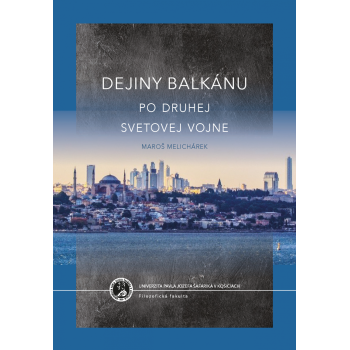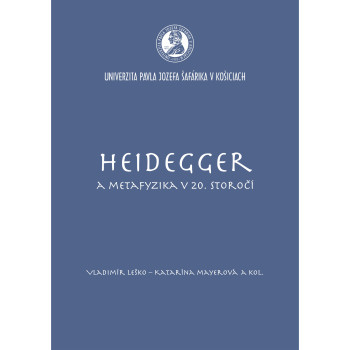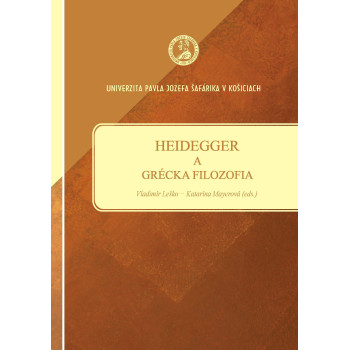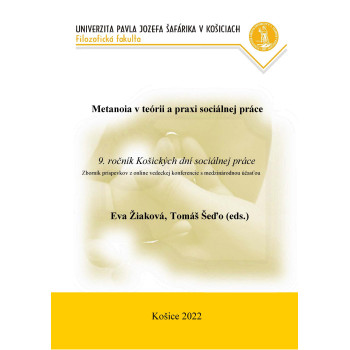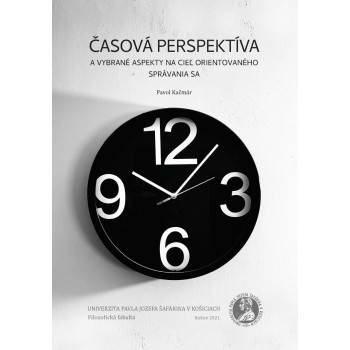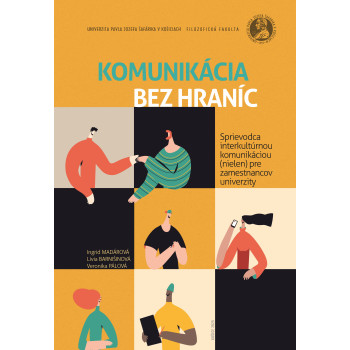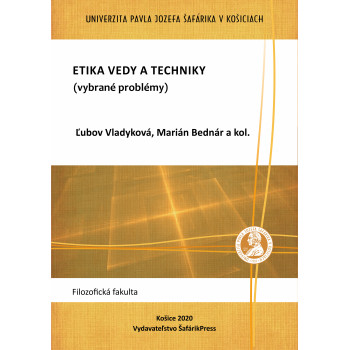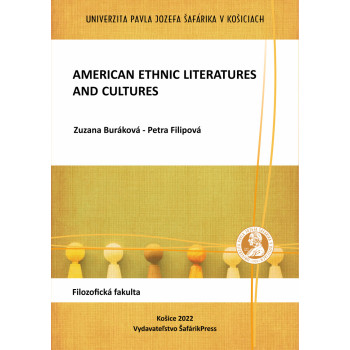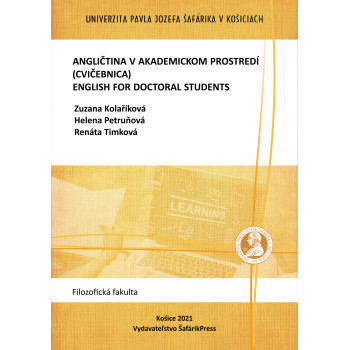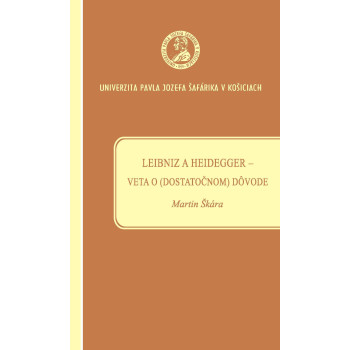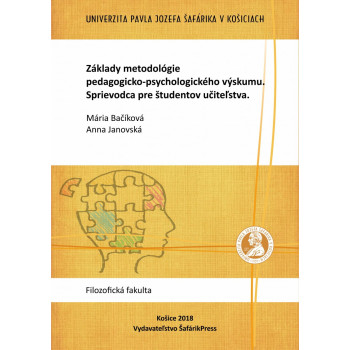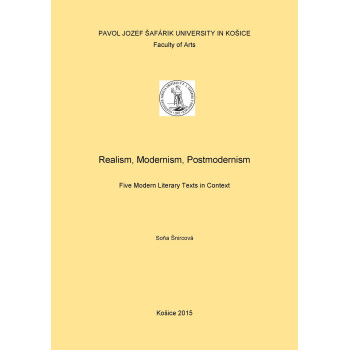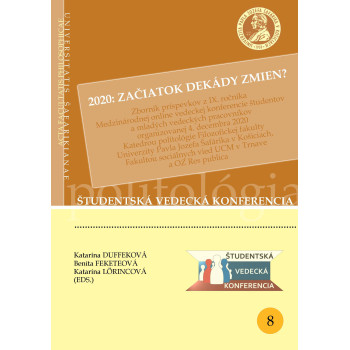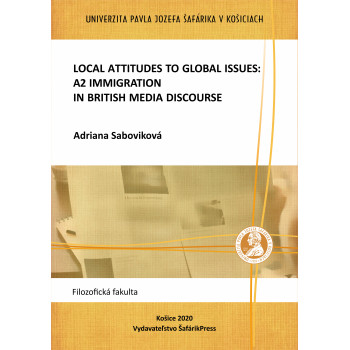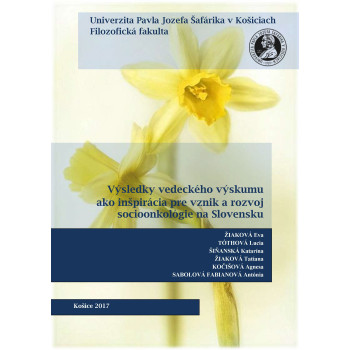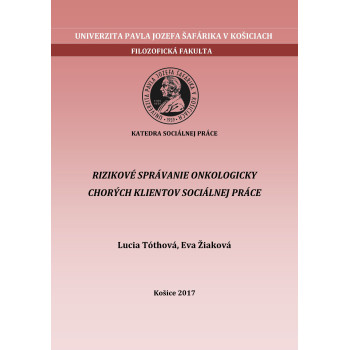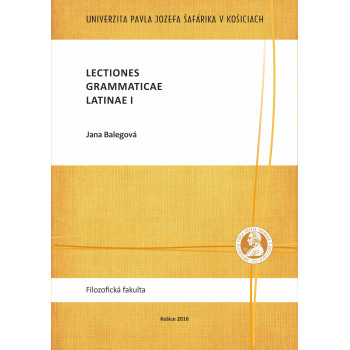
Dejiny Balkánu po druhej svetovej vojne
E-book
The history of the Balkans (not just in the 20th century) and its nations have had an irreplaceable place at the Department of History, Faculty of Arts, UPJŠ in Košice for several years. Therefore, this textbook is a logical culmination of this established trend. It represents the third publication focused on Southeastern Europe, as in 2015 a monograph titled International Relations in the 19th and 20th Centuries I (Nations of Southeastern Europe in International Politics, 1804 – 1856) was published, and in 2020 Nations of Southeastern Europe under International Politics from 1856 to 1913.
Logically then, this publication complements the literature portfolio (both thematically and chronologically) for students interested in this still turbulent region. Previous works are scientific monographs that can also be used during pedagogical processes; however, this work is directly aimed at students and their needs.



